Are you working out constantly in the gym and still not noticing any muscle gains? A vitamin deficiency in your diet might be the answer to what is keeping your gym time inefficient. Learn which vitamins and minerals are essential for muscle growth and recovery.
Here is a list of the most vital micronutrients for bodybuilders, ranked from the top in terms of their importance in supporting tissue growth.
1. Vitamin D
Vitamin D is the most important vitamin for bodybuilders when it comes to muscle growth and recovery. Obtaining Vitamin D is unique in that the body or especially your skin needs exposure to direct sunlight to start its production.
Another important function of Vitamin D is to keep diseases away. We know that many people who don't get enough sunlight exposure are deficient, but how can it support muscle growth and recovery?
Well, vitamin D is the most important of all vitamins when it comes to testosterone production. Some research studies even show that vitamin D supplementation can significantly increase explosive power in adults, together with a strength-training program, in comparison to placebo subjects.
Vitamin D even plays a key role in protein synthesis, which is partly due to its impact on testosterone production. In fact, a study conducted on men with low testosterone found that supplementation with vitamin D led to a 20% increase in free testosterone.
In addition to its effects on testosterone and muscle growth, vitamin D can also improve bone health. Vitamin D works alongside calcium and magnesium, which are essential minerals for bone development.
2. Vitamin C
We’ve all had a common cold and been given advice such as, “Make sure you increase your vitamin C intake,” but what about benefits for muscle growth and recovery?
One of the most powerful antioxidants, Vitamin C comes in at No. 2 on the list. When you exercise, you damage muscle tissue, creating free radicals, which are harmful compounds that your body must remove. Antioxidants clean up and destroy free radicals, which benefit your training and enhances your recovery.
Vitamin C is also a tremendous immunity booster, helping to prevent sickness. This is especially beneficial in times of physical stress such as when you are engaging in more intense training or low-carb dieting.
Vitamin C is water-soluble, meaning your body doesn't store it, so you need to ingest it daily in supplement or food form to make sure it's available to optimize physiological function.
Vitamin C Dosage
Take 500-2,000 milligrams per day in supplement form. More than 1,000 milligrams at one time may cause gastrointestinal disturbances, so introduce vitamin C supplementation in small doses if you're not currently taking it.
For best results, start with one 500 milligram dose per day for the first week, and then add 500-milligram dose per day the following week. Continue with this method until you reach 2,000 milligrams or your desired daily dosage.
Best Food Sources for Vitamin C
Orange juice, grapefruit juice, peaches, sweet red capsicums, and papaya.
Whole oranges and grapefruits are also good sources of vitamin C, but their relatively low concentration of calories compared to juice (which contains more sugars, hence spiking insulin better) keeps them off our top-tier list. Otherwise, consuming these whole fruits for fiber, lower calories, and other nutrients may at times be more beneficial for bodybuilders.
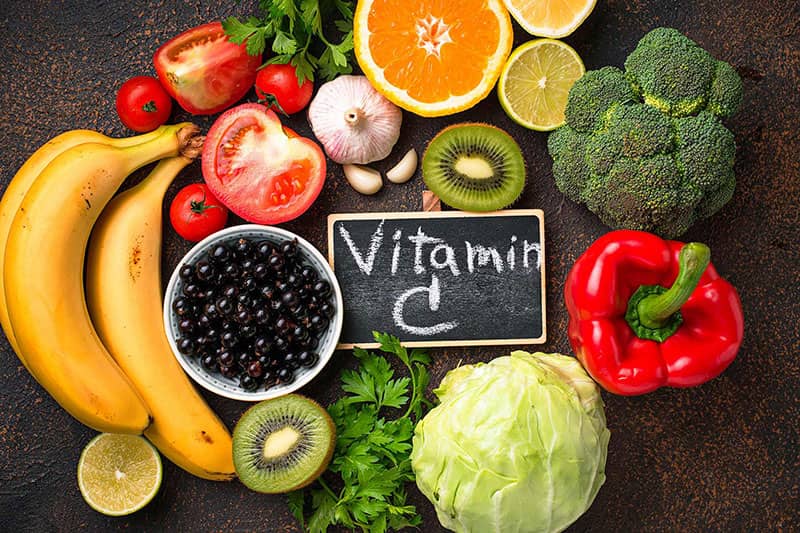
3. Vitamin E
This fat-soluble vitamin is also an antioxidant. It's essential for health and is beneficial for recovery and performance. In fact, a study conducted shows that Vitamin E helps protect cells against damage.
Vitamin E is a very powerful antioxidant that works to protect the integrity of cells in the body. Exercise and intense training produce free radicals in the body, which are toxic by-products of cellular respiration.
As these free radicals accumulate, the body becomes more toxic, causing impaired performance, muscle growth, recovery, and immune health. Vitamin E works to attack these free radicals and flush them out of the body. The result is less oxidative stress and a decrease in muscle damage.
Vitamin E may also help prevent the oxidation of LDL or "bad" cholesterol, which contributes to plaque buildup in the arteries. It boosts the immune system and may reduce the risk of cataracts. Vitamin E also plays a role in healthy skin and hair. Vitamin E can be supplemented without risk of toxicity, unlike other fat-soluble vitamins.
Vitamin E Dosage
Take 400-800 international units (IU) of vitamin E with food each day.
Best Food Sources of Vitamin E
Wheat germ, whole grain products, seed (especially sunflower seeds), nuts (especially hazelnuts and almonds), spinach, and other dark green, leafy vegetables.

4. Magnesium
Athletes and bodybuilders who perform long, intense bouts of exercise lose fluids through sweat, but they also lose key minerals such as magnesium. Magnesium plays a role in maintaining healthy bones and a healthy heart.
The average person needs about 400 milligrams of magnesium a day, but most people consume just over 300 milligrams.
Deficiency can lead to a host of problems, including an increased risk for diabetes and colon cancer. Bodybuilders who are concerned about optimizing their results and performance in the gym, and those who perform intense bouts of exercise should consider supplementing magnesium or focus on obtaining foods rich in this essential mineral.
Magnesium Dosage
Take two 400 milligram dosages per day with food. Keep in mind that calcium and magnesium compete for absorption, so it is best to take magnesium at times when you are consuming low amounts of calcium.
Best Food Sources of Magnesium
Whole-grain bread, cereals, pasta and beans, nuts (almonds and cashews), spinach, soy milk, avocado, and cooked brown rice. Fresh fruits and vegetables also provide a modest amount of magnesium.
The greatest amount of magnesium is found in unprocessed foods.

5. Water
Water itself is not a "nutrient" per se, but it's crucial to health and often contains significant amounts of other macronutrients, particularly essential minerals. Drinking lots of beverages, especially water, is key to maintaining the fluid balance within your body.
While bodybuilders may like to believe that the bulk of their mass is muscle tissue. In reality, the human body is made of 50%-75% water. According to a Dietetic Association's Complete Food and Nutrition Guide, the average adult loses about 10 cups of water daily. Therefore, replenishing your body's water supply each day is crucial for proper function.
if you are a hard training bodybuilder, it is recommended to consume even more water. While water is of crucial importance to every bodybuilder, we have placed it somewhat lower on this list because the emphasis here is on the macronutrients aspect of water consumption.
The importance of water and other fluids to performance and results is very critical.
Water Dosage
A hard-training bodybuilder should consume at least four liters of water every day and more when performing intense workouts, especially cardio, and at other times when you are sweating a lot. This dosage can be different for bodybuilders cutting weight as water consumption can add more weight.

Best Sources for Water
Tap Water, purified bottled water, tea, coffee, milk, and fruits and vegetables, particularly lettuce, watermelon, broccoli, grapefruit, and apples.
6. Beta-Carotene
Beta-carotene is a plant-based form of vitamin A. It's a preferred form for taking in vitamin A in supplement or food form because it doesn't contain the risk of toxicity that vitamin A supplementation poses in large, frequent doses.
Colorful fruits and vegetables are excellent sources of beta-carotene and pose no risk for overdosing. Beta-carotene is a fat-soluble vitamin, meaning that your body can hold onto it for much longer periods of time than it can with water-soluble vitamins such as vitamin C (because fat-soluble vitamins can be stored in fat tissue).
Beta-carotene is also an antioxidant, so it provides specific recovery benefits for those on hard-training weight programs that produce harmful free radicals.
Beta-Carotene Dosage
Take in up to 4,000 IU of retinol or 5,000 IU of beta-carotene. After supplementing for approximately 4-6 weeks, avoid taking vitamins A for 2-3 weeks to reduce the risk of toxicity.
Best Food Sources of Beta-Carotene
Carrot juice, pumpkin, sweet potato, spinach, carrots, collards, kale, and turnip greens.

7. Electrolytes
Electrolytes are charged particles that perform many functions within the body, one of the most important to regulate the influx and outflow of nutrients and fluids within cells and body tissues. These electrolytes actually function a bit like tiny electrical appliances; when your body runs low on electrolytes it ceases to function as efficiently.
When you are working out, your body produces sweat to cool down the body, your body loses important essential electrolytes such as salt and potassium when sweating.
Supplementing with electrolytes in the form of sports drinks such as Gatorade or Powerade can help prevent your body from getting into an electrolyte deficit. However, keep in mind that many people consume too much sodium (salt) while not getting enough potassium.
You have heard that processed or fast-food diets are extremely high in salts, having too much sodium in your diets can create water retention in your muscles and showing that bloated look. Consume foods that are high in potassium, or consider supplementing with it for best results.
Electrolytes Dosage
Keep your sodium consumption to around 2,000 milligrams or less per day. Dieting bodybuilders can almost completely cut sodium when they are trying to drop water for a bodybuilding contest. You should strive to get about 4,700 milligrams of potassium per day.
Best Food Sources of Electrolytes
Good potassium sources include tomato products, orange juice, beetroot greens, white beans, dates, raisins, baked potatoes, soybeans, and lima beans. Bananas, which are famous for their potassium content, are merely a good source of potassium.
One banana contains about 400 milligrams, compared to 170mL of 100% orange juice, which has over 1,400 milligrams of potassium.

8. Zinc
Zinc is an essential mineral for helping your body maintain a healthy blood supply, but how can it support muscle growth and recovery?. Zinc regulates cell growth, helps heal wounds, and promotes a healthy immune system. It also helps your body use carbohydrates, proteins, and fats for fuel and enhances your sense of taste and smell.
Zinc is also considered beneficial for recovery from stressful exercises such as weight training. However, moderate zinc deficiency is associated with hypogonadism or testosterone deficiency, and since testosterone plays an important role in building and gaining muscles it is important to maintain zinc levels in your body.
The recommended daily intake for zinc is 11 milligrams for men and 8 milligrams for women. These amounts can easily be achieved by consuming a healthful, well-balanced eating plan.
Bodybuilders may need to rely on zinc supplements to get the amount they need based on their increased demands. Be careful with dosage though, zinc is a close balance with copper, and taking in excess may cause your body to lose copper.
Zinc Dosage
Bodybuilders can take up to 30 milligrams as a stand alone or mixed compound supplement such as ZMA. For best results, take your zinc supplements on an empty stomach about 30 minutes before you go to bed.
Best Food Sources for Zinc
Good sources of zinc include foods of animal origin such as meats and seafood. Eggs, and milk supply zinc in smaller amounts. Whole grain products, wheat germ, black-eyed peas and fermented soybean paste (miso) also contains zinc, but in a form that's less accessible by the body.

Additionally, don't forget that many foods are excellent sources of particular micronutrients. If you are still finding it hard to gain muscles, visit a general practician and get your blood tested to see which vitamins or minerals your body is lacking.
If you know which particular vitamins or mineral that you are deficient then you can check the latest vitamins for muscle growth supplements available in Awtsu. Multi-vitamins are usually meant to supplement a healthy diet, not replace it. And that's why Platinum Multivitamin is the perfect complement for your nutrition plan.
Other than that, this is just a simple guide to help you with your nutrition stacking, it is best to consult a doctor or a sports dietitian to get the best advice. Let us know what you think about this article if you have anything to add by letting us know in the comment section below.

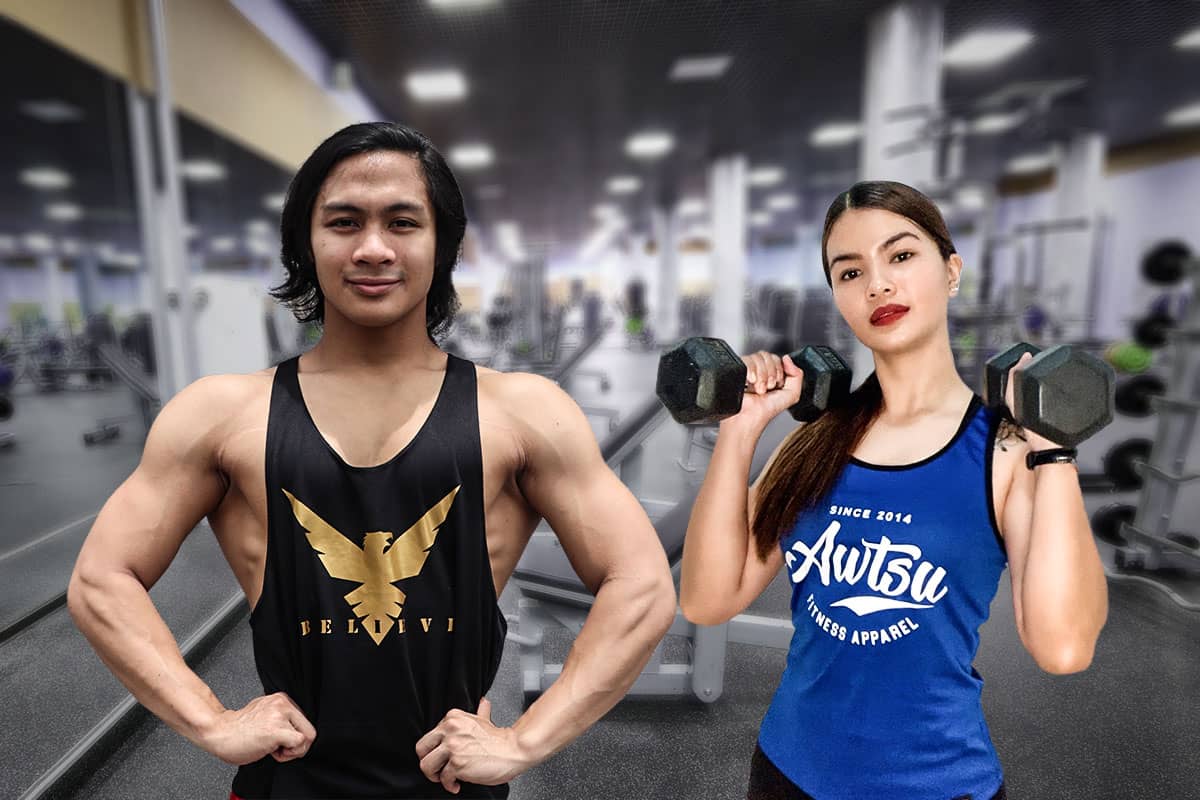
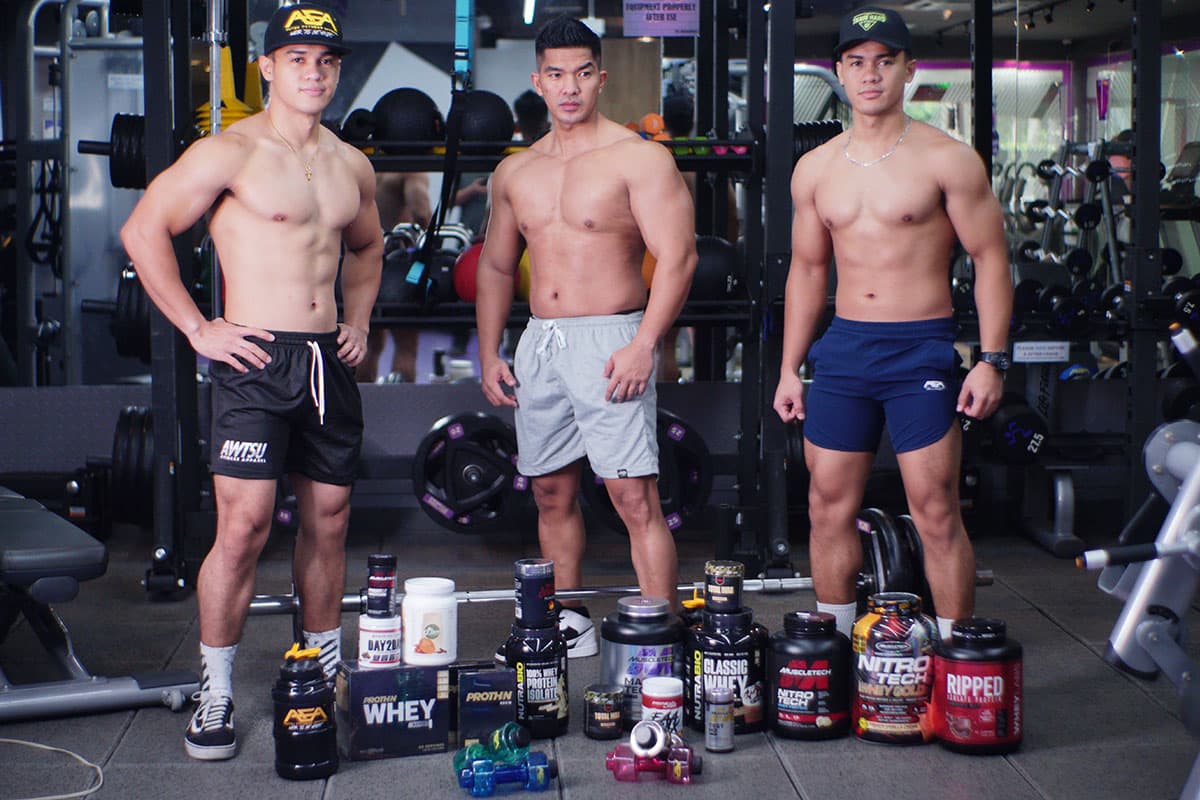
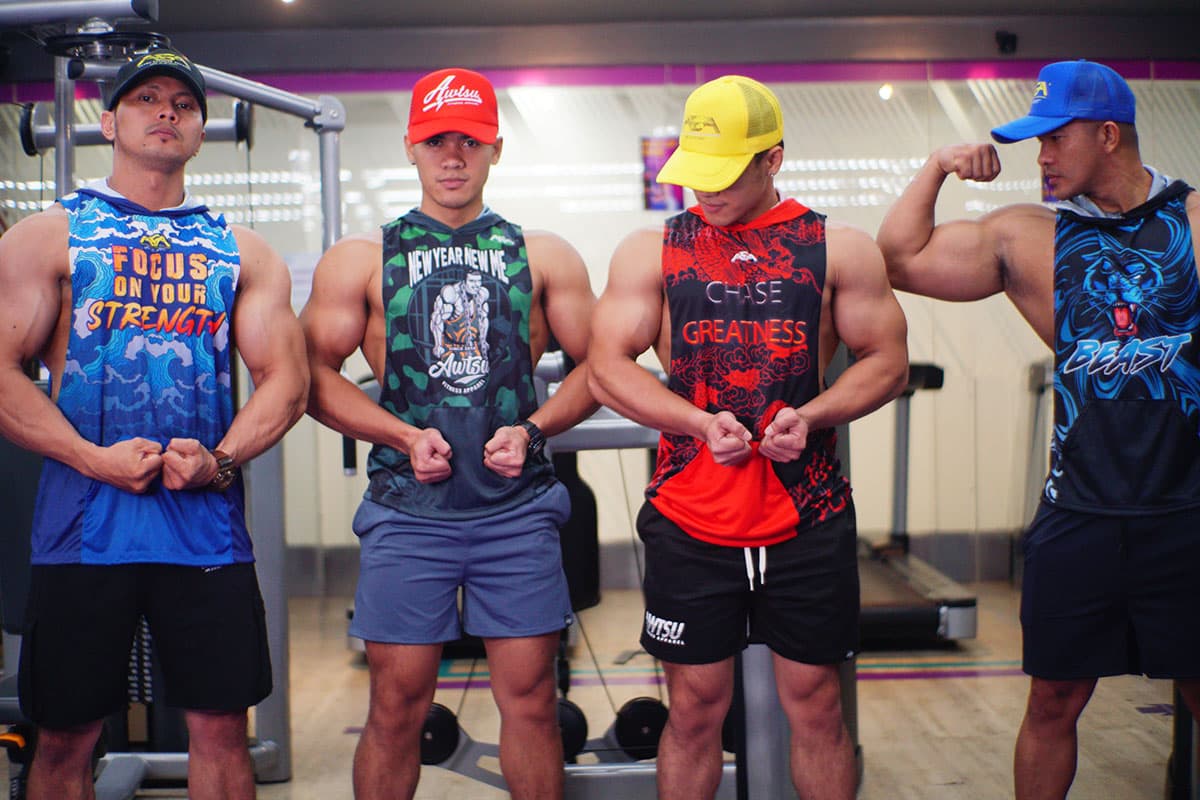
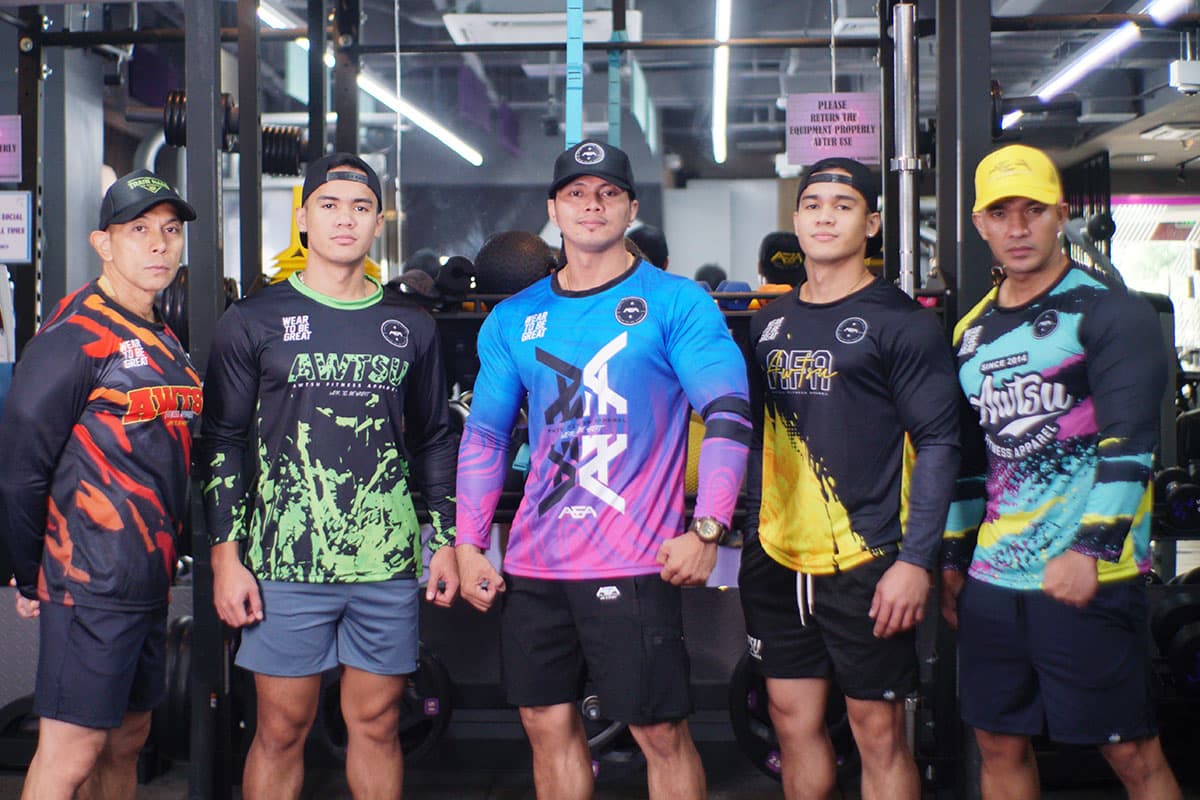
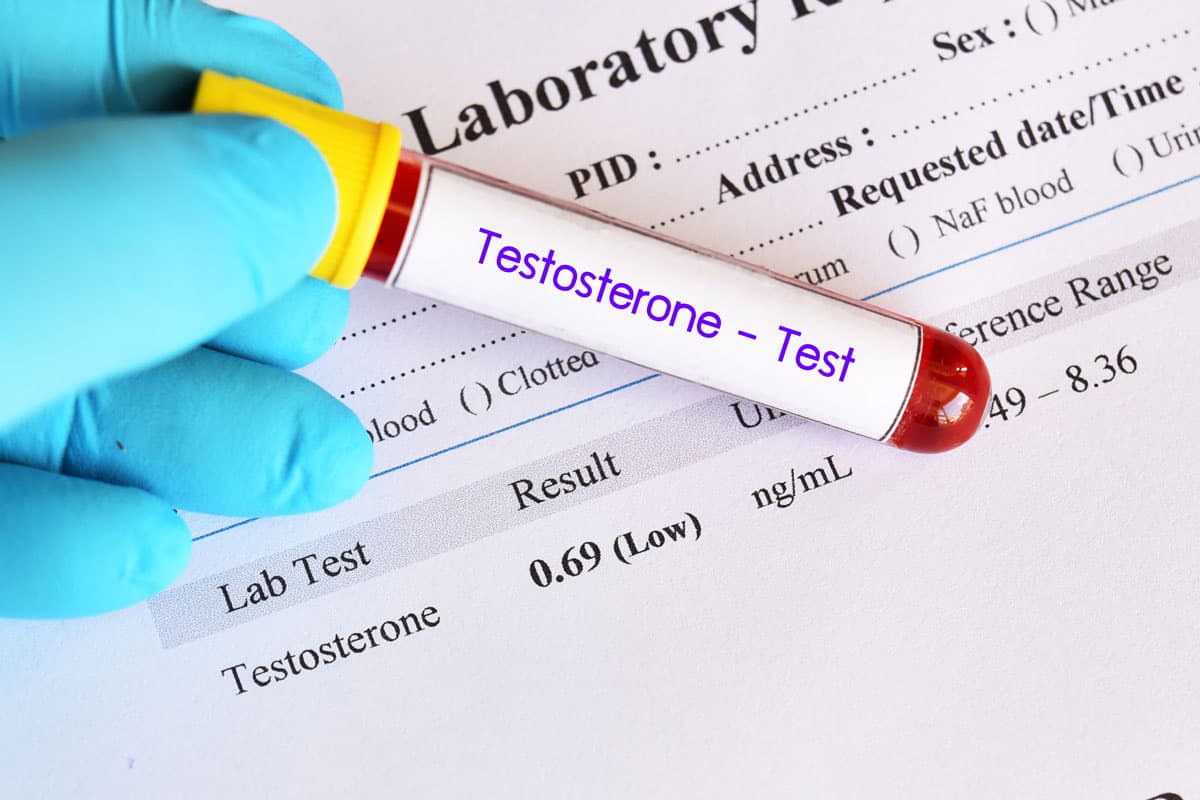

Hi Team,
i am Ajay from Delhi India...